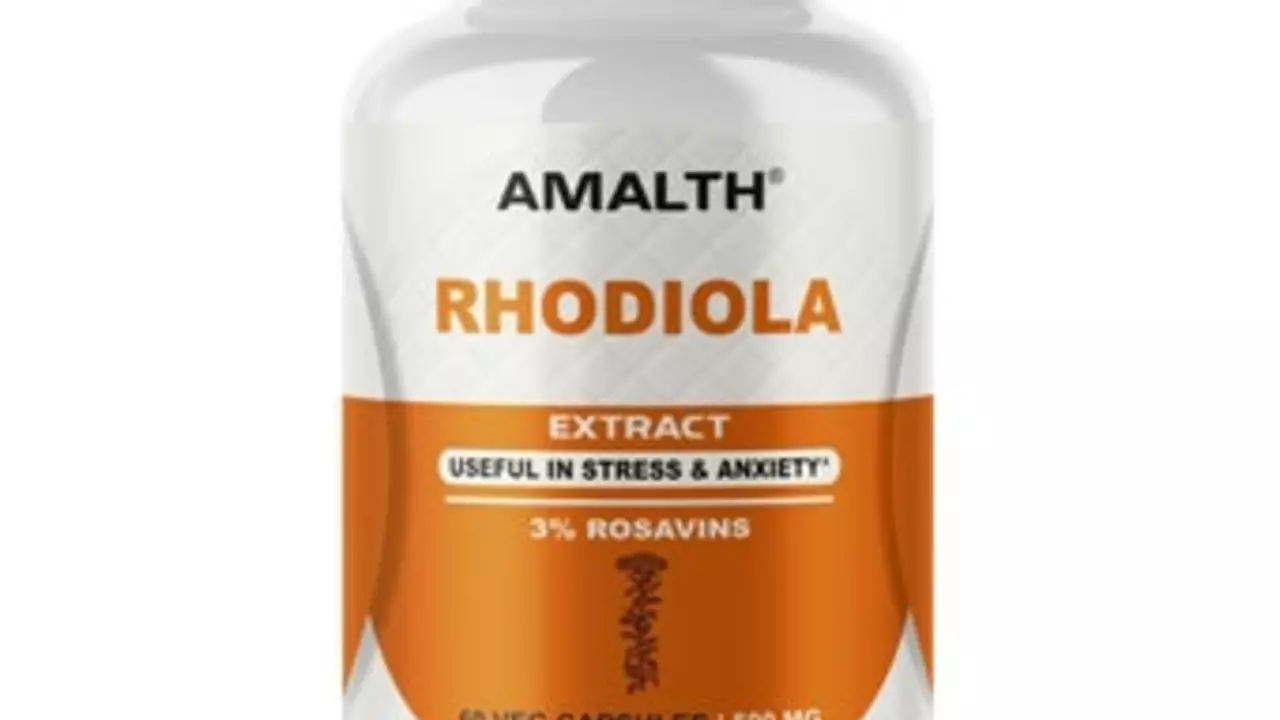Glucomannan: What It Is and Why People Try It
Ever heard of a fiber that swells into a gel and helps you feel full? That’s glucomannan, a type of soluble fiber from the konjac root. People use it to curb appetite, help with constipation, and support blood sugar and cholesterol control. It’s not a magic pill, but used right, it can be a useful tool alongside a sensible diet and activity.
How glucomannan works and what it may help with
Glucomannan absorbs water and expands in your stomach. That slows stomach emptying and can reduce how much you eat at the next meal. It also acts like other soluble fibers in the gut—feeding beneficial bacteria, softening stools, and binding some cholesterol. Clinical trials show modest benefits: when combined with calorie control, glucomannan can help people lose a little extra weight and improve constipation. Expect small, steady changes, not dramatic drops on the scale.
It may also help lower fasting blood sugar and LDL cholesterol for some people. If you have diabetes, glucomannan can influence blood sugar, so talk to your clinician before starting it and monitor levels carefully.
Practical tips: dosing, timing, and safety
Typical doses in studies range from about 1 to 3 grams per day, split before meals. Start low—try 1 g before a main meal—and see how you feel. Always mix glucomannan powder or tablets with at least a full glass of water. If you swallow dry powder or an under-hydrated tablet, it can swell and cause choking or block the throat. Don’t lie down right after taking it.
Expect some gas, bloating, or mild stomach discomfort at first; these usually ease after a week or two. If you have a history of swallowing problems, strictures, or delayed stomach emptying, avoid glucomannan unless advised by your doctor. Also separate glucomannan from other oral meds by at least 1 hour before or 4 hours after—fiber can reduce absorption of some drugs.
Choosing a product: powders, capsules, and konjac-based foods are common. Powders let you control dose but need careful mixing. Capsules are convenient but make sure they have clear dosing instructions and are from a reputable brand with third-party testing when possible.
A final note: glucomannan can help, but it works best when paired with real food changes—more vegetables, lean protein, and regular movement. If you’re pregnant, breastfeeding, or taking prescription meds (especially for diabetes or blood thinners), check with your health provider before using it.
Want to try it? Start low, drink plenty of water, and track how your body responds. Small, consistent changes win over quick fixes every time.
The Science Behind Glucomannan: Why This Dietary Supplement is a Must-Have
In my latest blog post, I explore the science behind Glucomannan, a dietary supplement gaining popularity for its health benefits. The supplement, derived from the root of the konjac plant, is rich in fiber and aids in weight loss, digestion, and cholesterol regulation. It works by absorbing water in your stomach to form a bulky fiber, making you feel full and thus, reducing food intake. Additionally, it can also help manage type 2 diabetes by improving blood sugar control. If you're looking for a natural way to boost your health, Glucomannan might just be the supplement for you.
View more
